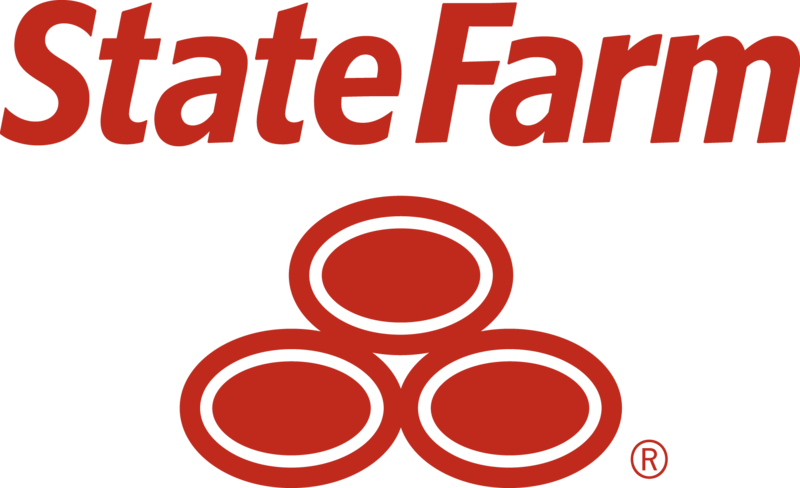
There are many definitions of healthcare that can be confusing. To help you understand the process, we have compiled the following information.
An exclusive provider organization (EPO) is a health plan that combines features of a HMO and a PPO. This type plan stores electronic medical records. Therefore, you will only need access to providers within your network. If you need to see a provider outside of your network, you may be charged more. You may also be subject to a higher cost share.
A health maintenance plan (HMP), is a type insurance program that covers all medical expenses, including coinsurance and deductibles. Your benefits are not tied to your network, unlike a PO. Your insurance will only cover the cost of services rendered if you visit a provider that is not part of your network.
The Patient-asPartner Approach is a way for patients to be involved in the healthcare process. It recognizes the importance of the patient's experience knowledge as well as the scientific knowledge of the HCP. It also encourages patients and others to become involved in their care. A patient might choose to consult with a doctor by phone or get a second opinion.

Electronic Medical Records (EMRs) are computerized systems that store all your clinical data. They are used to monitor and record your care, as well as copayments and deductibles.
Behavioral healthcare is a term that refers to a range of treatment options for substance and mental abuse. These options include counseling and medication administration. In both hospitals emergency rooms and ambulatory healthcare facilities, behavioral healthcare is available.
Electronic prescribing allows pharmacies to share patient information electronically. Electronic prescribing allows prescription information to be transferred electronically from a doctor's practice to a pharmacy via computerized systems.
Insurers may review your claims prior to paying them. If the claim meets these standards, the insurance company will reimburse you. Some insurance plans require you to precertify or authorize before you can receive specific procedures.
HIPAA, or the Health Information Privacy Act, aims to create standardized security standards for sharing sensitive information. It is enforced jointly by the Department of Health and Human Services and Centers for Medicare and Medicaid Services.

The Affordable Care Amendment (ACA) requires that most health plans offer four basic levels coverage. These levels are determined by your household's income and dependents as well as the assistance provided by the government.
Your annual deductible covers your healthcare costs for the entire year. Your deductible limits how much healthcare you can pay before your insurance kicks into effect, such as if there is an accident or major illness. However, this does not include non-covered services, such as visits to non-network doctors and hospitals. Your deductible does not apply to hospitalizations. It only covers the cost of care you receive while you are there.
You can also use your HSA funds to pay for any healthcare expenses your plan doesn't cover. HSAs allow you to use tax-advantaged savings funds to pay for healthcare services not covered under your health plan.